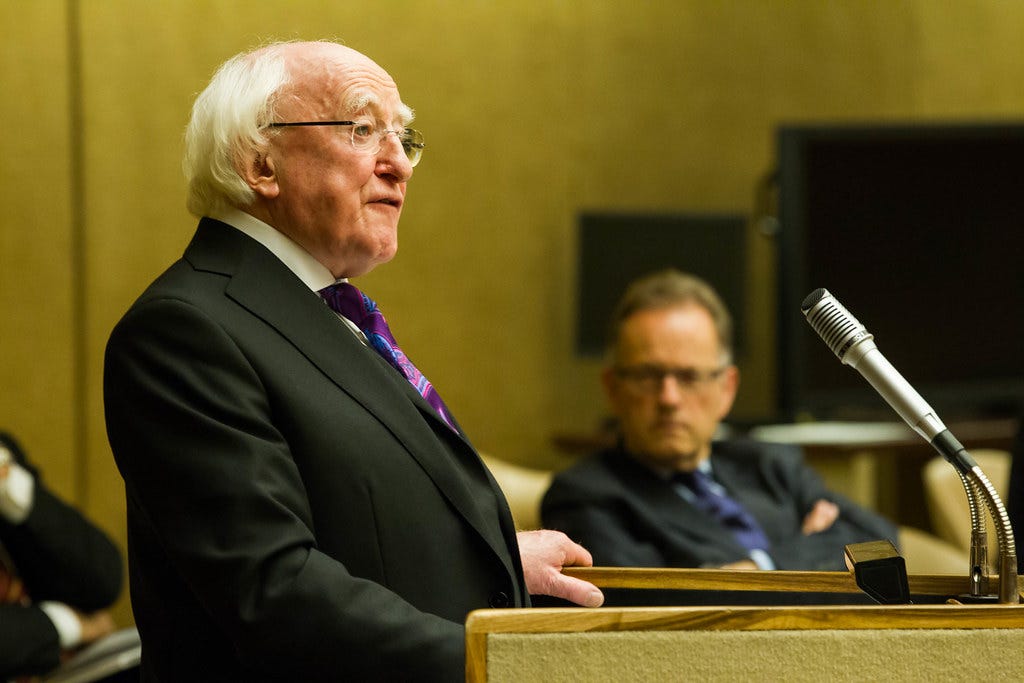Biggest News Stories from August 4
Israel have decided to annex Gaza, the Irish president calls for military intervention in Gaza, Trump threatens India and more.
1. Netanyahu Orders Full Occupation of Gaza
Israeli Prime Minister Benjamin Netanyahu has ordered the military to take control of all remaining areas of the Gaza Strip, marking one of the most significant escalations in the conflict to date. The decision follows the collapse of internationally mediated ceasefire talks involving Qatar, Egypt, and Saudi Ar…
Keep reading with a 7-day free trial
Subscribe to The Crustian Daily to keep reading this post and get 7 days of free access to the full post archives.



